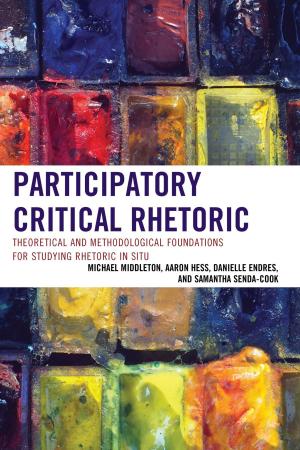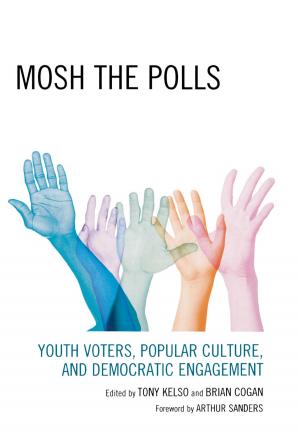The Popular Economy in Urban Latin America
Informality, Materiality, and Gender in Commerce
Nonfiction, History, Americas, Latin America, Social & Cultural Studies, Social Science, Anthropology| Author: | Carlos Alba Vega, Florence E. Babb, Rudi Colloredo-Mansfeld, Eveline Dürr, Natalie Göltenboth, Magali Marega, Peter Mörtenböck, Helge Mooshammer, Juliane Müller, Cristina Vega, André Vereta-Nahoum | ISBN: | 9781498572408 |
| Publisher: | Lexington Books | Publication: | May 14, 2019 |
| Imprint: | Lexington Books | Language: | English |
| Author: | Carlos Alba Vega, Florence E. Babb, Rudi Colloredo-Mansfeld, Eveline Dürr, Natalie Göltenboth, Magali Marega, Peter Mörtenböck, Helge Mooshammer, Juliane Müller, Cristina Vega, André Vereta-Nahoum |
| ISBN: | 9781498572408 |
| Publisher: | Lexington Books |
| Publication: | May 14, 2019 |
| Imprint: | Lexington Books |
| Language: | English |
The Popular Economy in Urban Latin America: Informality, Materiality, and Gender in Commerce advances comparative knowledge and theoretical reflections on urban popular economies in Latin America by going beyond the lenses of so-called informal and street economies. Contributors address case studies in Brazil, Bolivia, Cuba, Ecuador, Mexico, and Peru to provide new insights in key concepts such as informality, materiality, and gender. These case studies work to understand which actors, and with what agencies, are forming and transforming street markets and other place-based economies, and to what effects. Remaining sensitive to history, power, and urban politics, this book offers an ethnographically informed cultural and socio-material perspective on how popular economies and commerce thrive, transform, and persist in Latin American cities today. Scholars of anthropology, economics, Latin American studies, urban studies and sociology will find this book particularly useful.
The Popular Economy in Urban Latin America: Informality, Materiality, and Gender in Commerce advances comparative knowledge and theoretical reflections on urban popular economies in Latin America by going beyond the lenses of so-called informal and street economies. Contributors address case studies in Brazil, Bolivia, Cuba, Ecuador, Mexico, and Peru to provide new insights in key concepts such as informality, materiality, and gender. These case studies work to understand which actors, and with what agencies, are forming and transforming street markets and other place-based economies, and to what effects. Remaining sensitive to history, power, and urban politics, this book offers an ethnographically informed cultural and socio-material perspective on how popular economies and commerce thrive, transform, and persist in Latin American cities today. Scholars of anthropology, economics, Latin American studies, urban studies and sociology will find this book particularly useful.















